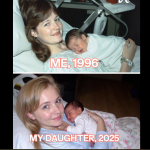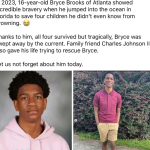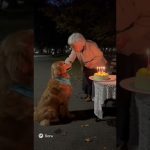Kodokushi: The Silent Tragedy of Lonely Deaths
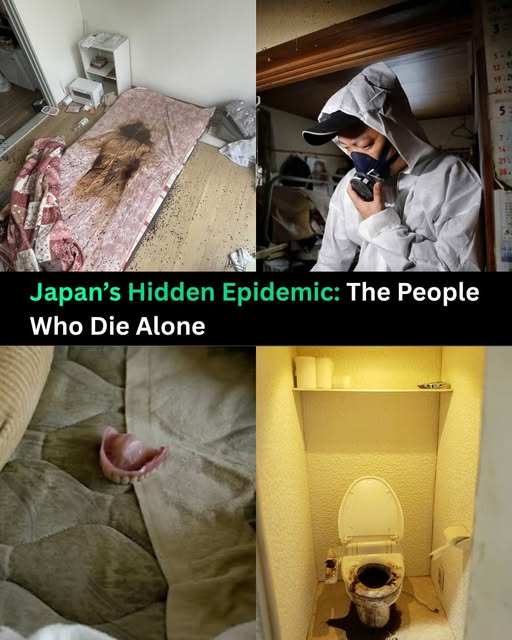
Kodokushi — “lonely death” — is a heartbreaking phenomenon where a person passes away quietly in their own home, unnoticed by anyone. No family calls, no friends check in, and sometimes, not even neighbors are aware. Days drift into weeks, weeks into months, and the first sign of their absence may be nothing more than a faint, lingering smell seeping through the walls. 🏚️
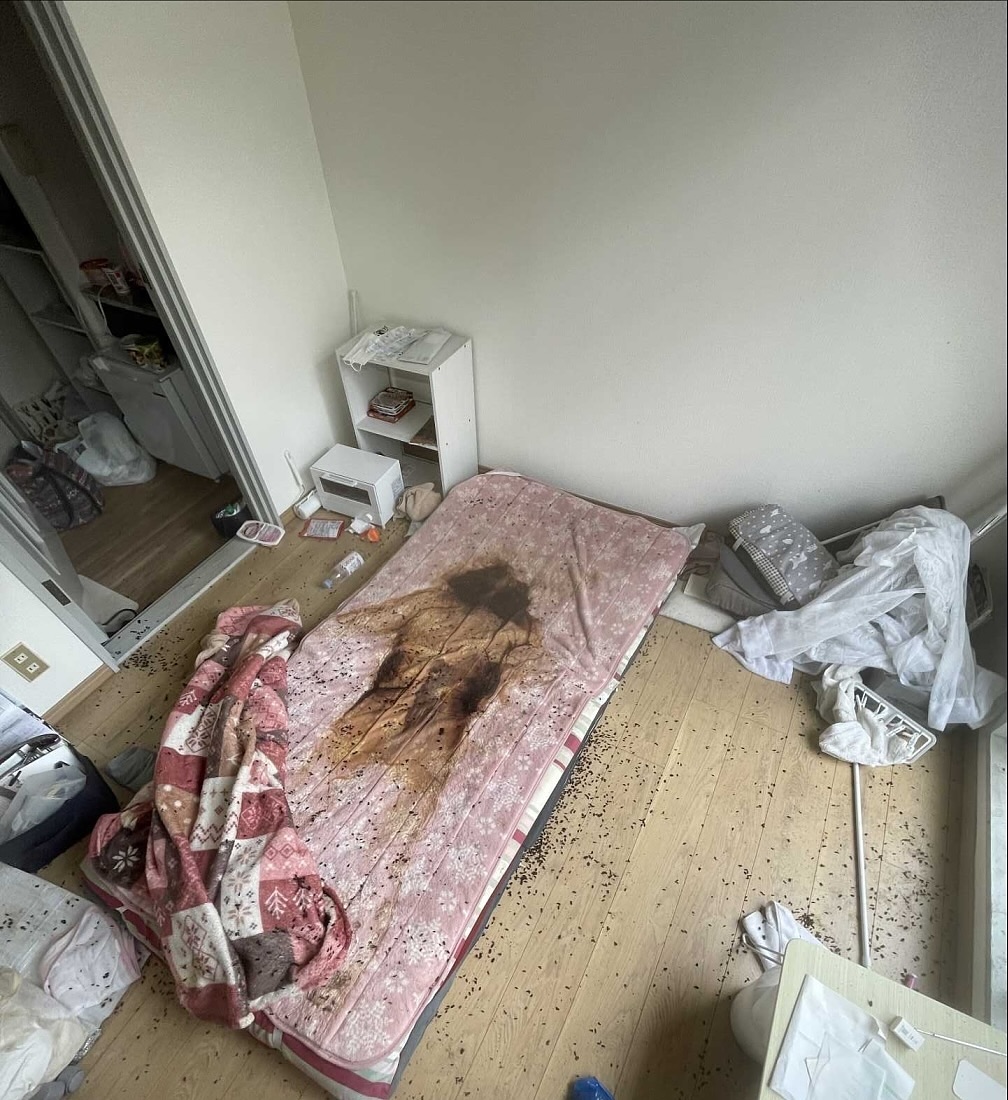
In Japan, over 76,000 people living alone were found dead in 2024, and three-quarters of them were over the age of 65. Some were discovered only after their bank accounts stopped paying rent automatically, while others were found because neighbors complained about the swarms of flies. These deaths, quiet and unnoticed, are a stark reminder of the fragility of human connection. 🦟
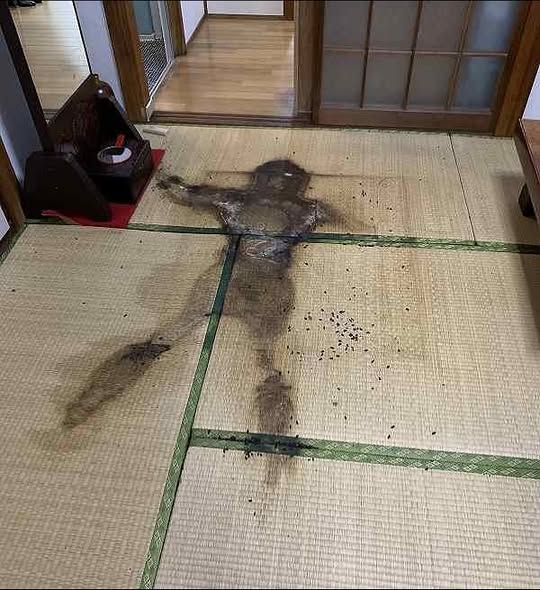
Each abandoned home tells a story: a mattress left behind, a single chair, an empty plate — silent witnesses to lives once full of laughter, meals, television shows, and the simple routines that made someone part of the living world. Each stain, each untouched object, becomes a haunting echo of a human life that quietly slipped away. 🌑
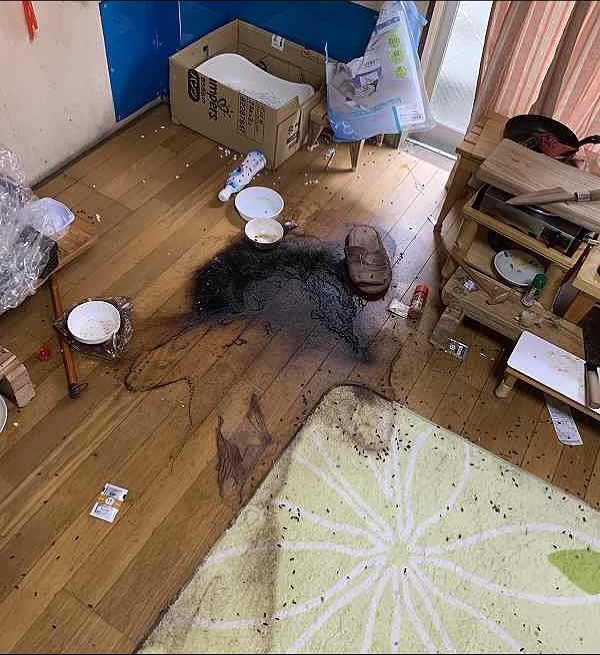
Kodokushi is not just a problem in Japan; it is a reflection of what happens when loneliness becomes normalized. In societies that move ever faster, where people grow isolated in their own routines, elders and those living alone can vanish unnoticed. This phenomenon forces us to confront uncomfortable truths: about aging, about social bonds, and about the deep human need to be seen, heard, and remembered.
As populations age and communities fragment, Kodokushi serves as both a warning and a call to action — reminding us that no life should fade silently into the shadows, and that awareness, connection, and care can be the difference between being forgotten and being remembered.



